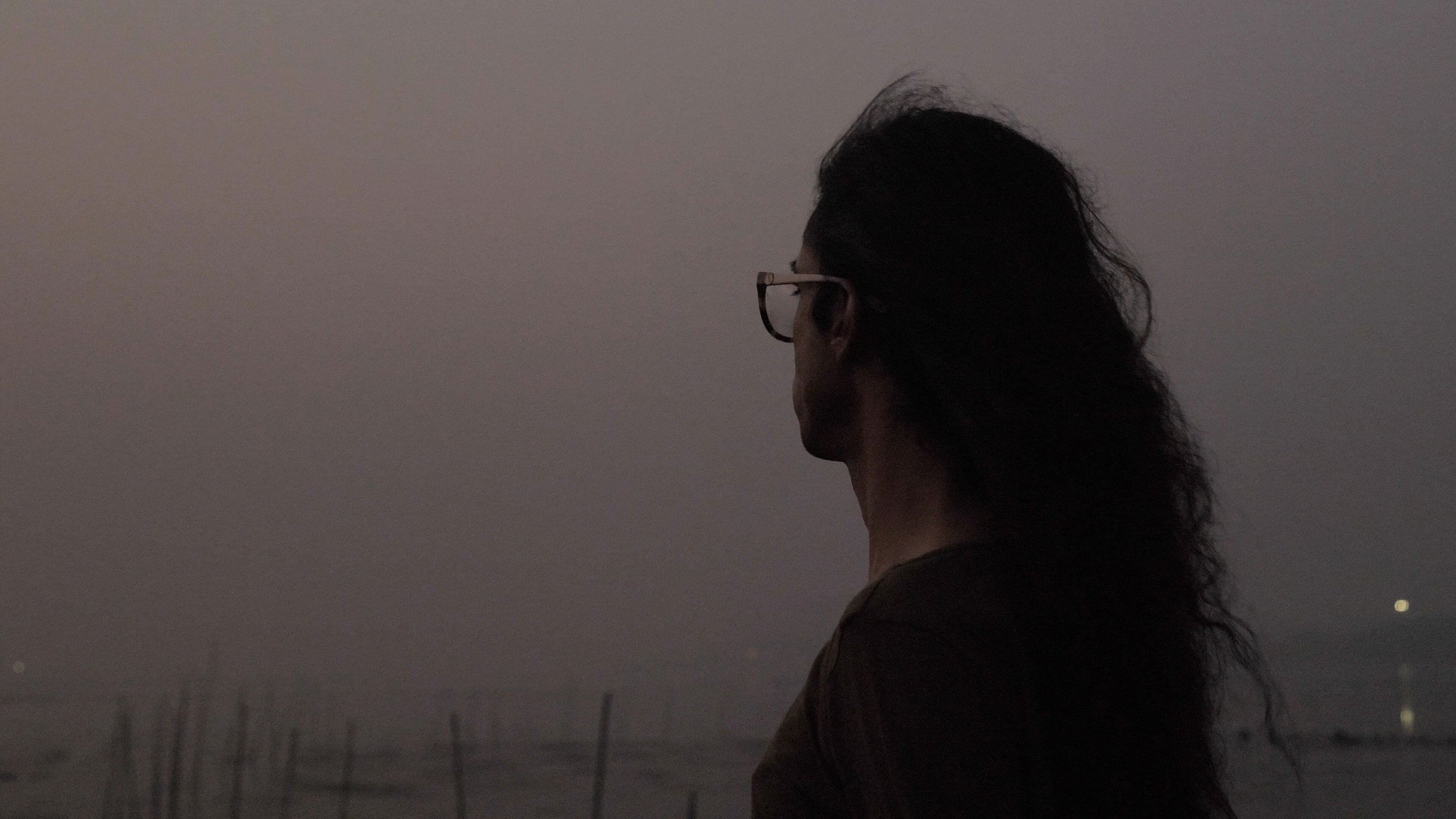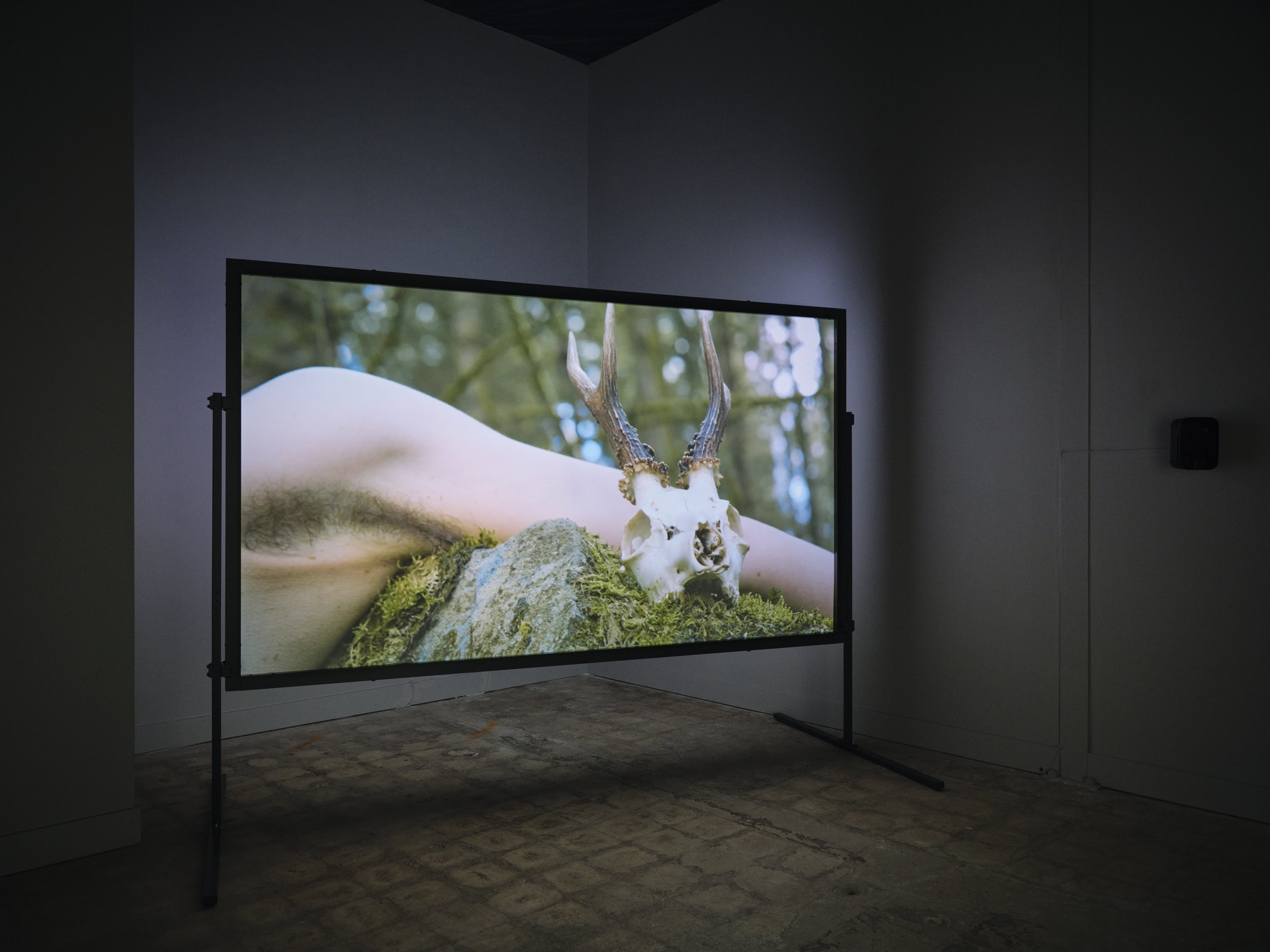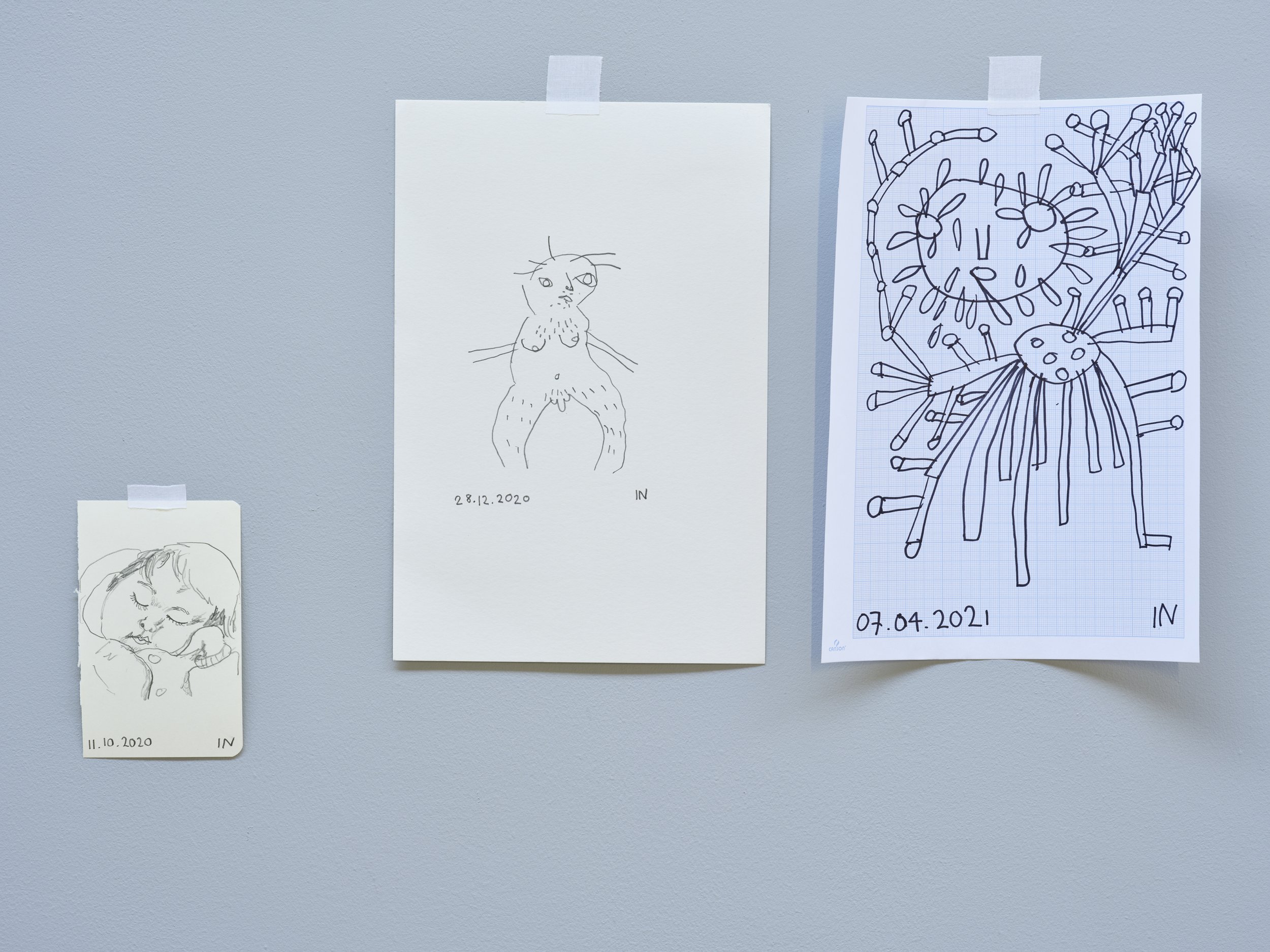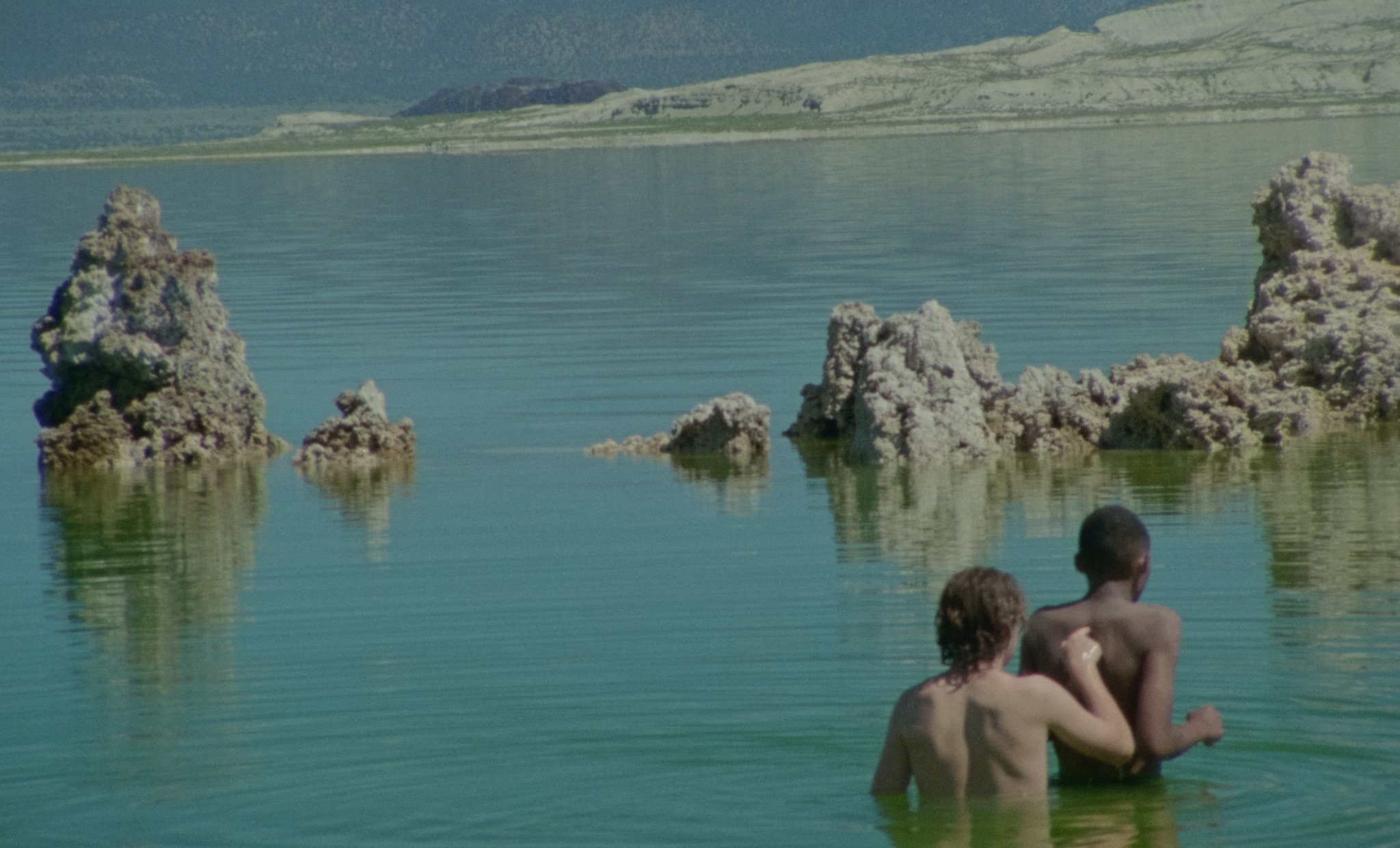Love, Longing and George Michael at TULCA Festival of Visual Arts
The 19th edition curated by Eoin Dara sees artists pen love letters in Ireland through conversations about cruising, gender and the internet
Returning home to the sodden air of Galway can be bittersweet. It’s a city that lives fondly in my memory as a student town on the edge of Ireland, where oddness was abundant and tolerated with grace. Today, its heart faces the belt of multinationals flanking its periphery. Amid this tension, the annual TULCA Festival of Visual Arts returns this year, curated by Eoin Dara. The title of the festival’s 19th edition – ‘there’s nothing here but flesh and bone, there’s nothing more’ – quotes from George Michael’s 1996 hit ‘Outside’. Dara’s curatorial statement frames the citywide event in a list of familiar yet poetic fragments such as ‘wet caresses, soft affection, immortal loves, necessary resistance, quiet rest, careful togetherness, boundless longing, abiding loss’. Love and longing are a thread throughout the programme, with a particular emphasis on trans subjectivities and queer intimacy, touch and sensuality.
Dara commissioned nine artists and writers to pen love letters to hang alongside many of the artworks, including a poignant reflection on the ‘encroachments, entanglements and negotiations’ of growing together in love by Sophia Al-Maria. It shares a space with Vishal Jugdeo & vqueeram’s 48-minute film Does Your House Have Lions (2021). It intimately – at times, voyeuristically – follows the lives of a group of queer friends as they negotiate the rise of Prime Minister Narendra Modi and fascism in India and the intersecting conditions of gender, sexuality and caste through conversations about cruising, protests and the internet. We gain fleeting insights into the affinities and tensions that frame these relationships, broken up over chunks of time dictated by COVID-19. The words of vqueeram, a matriarch of the group, reverberate: ‘We’re not trying to get rid of ugliness and loneliness, we try to make ugliness and loneliness more liveable.’
In Adrien Howard & K Patrick’s film Silence (2021), the narrator, a rock called Merlin, recites poetic words of trans wisdom, such as ‘passing is old fashioned; cruising fine’, as the camera focuses longingly on a suggestive armpit. All this work about cruising for sex makes me wonder if anyone can live up to such utopian excess. In her love letter, Claire Biddles ponders the same thing, writing: ‘I love the idea of queerness as abundance, but I can’t seem to hold onto the reality.’ In the same space hangs Isobel Neviazsky’s joyously childlike series ‘Two Figures’ (2021). Their affecting drawing of trans bodies further stakes the centrality of transness in the festival, capturing a hidden messy process of in-betweenness – eyes wild, leg and chest hair sprouting – that usually remains unseen.
As you cross the River Corrib into the west of the city, a large wall text in Indian ink by Galway-based Miriam de Búrca comes into view at Galway Art Centre. De Búrca’s Here, there and anywhere(2021) focuses on cilliní – unmarked Irish graves of the unbaptised, disabled, disgraced and queer – calling our attention to a disturbing history. In a country where the last Magdalene Laundry – Catholic institutions where unmarried young mothers were systemically abused – closed as recently as 1996, these drawings remind us of the violence this country inflicted on its unwanted, dead or alive. Upstairs, Stanya Kahn’s nostalgia-tinged 16mm film No Go Backs (2020) follows a group of teens as they traverse a post-collapse Eastern Sierra, conjuring up the loyalties, boredom and resilience of teenhood.
With this year’s TULCA, Dara has created a sensitive and tender moment to reflect on stories, histories and acts that ask us to slow down and share in a joke. There’s nothing overly spectacular here; everything is on a human scale like the quotidian majesty of fucking outside.
Iarlaith Ni Fheorais is a curator based between Ireland and London, UK.




